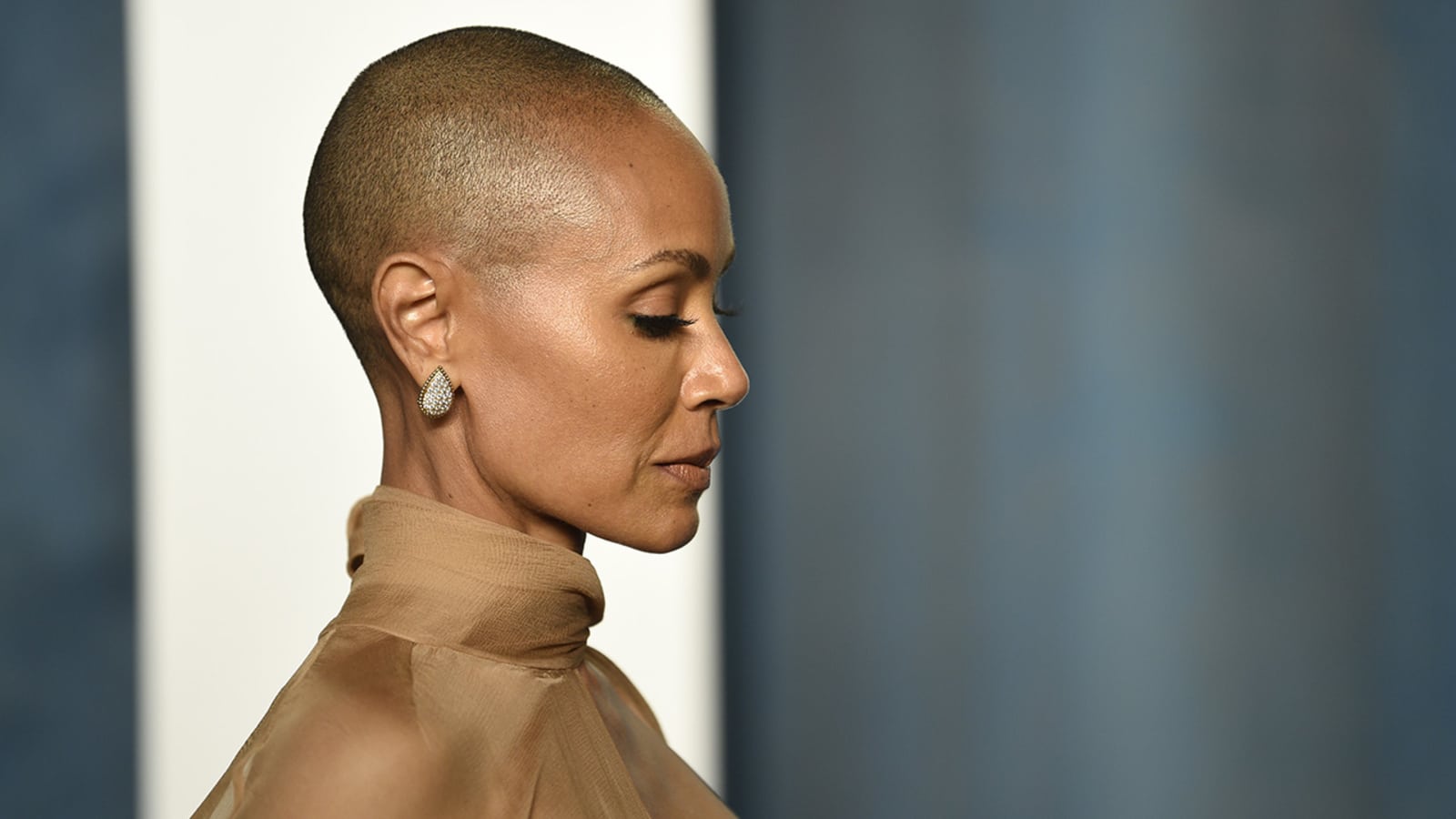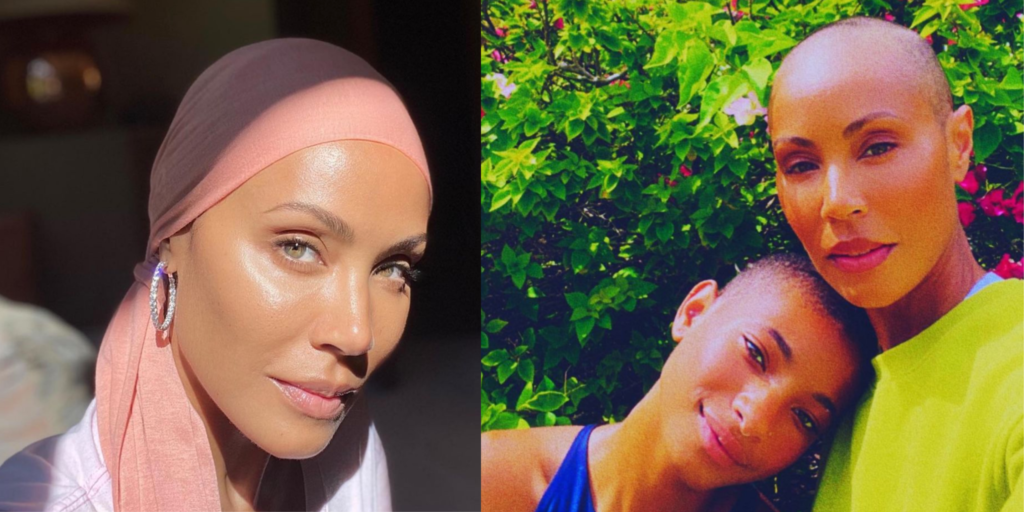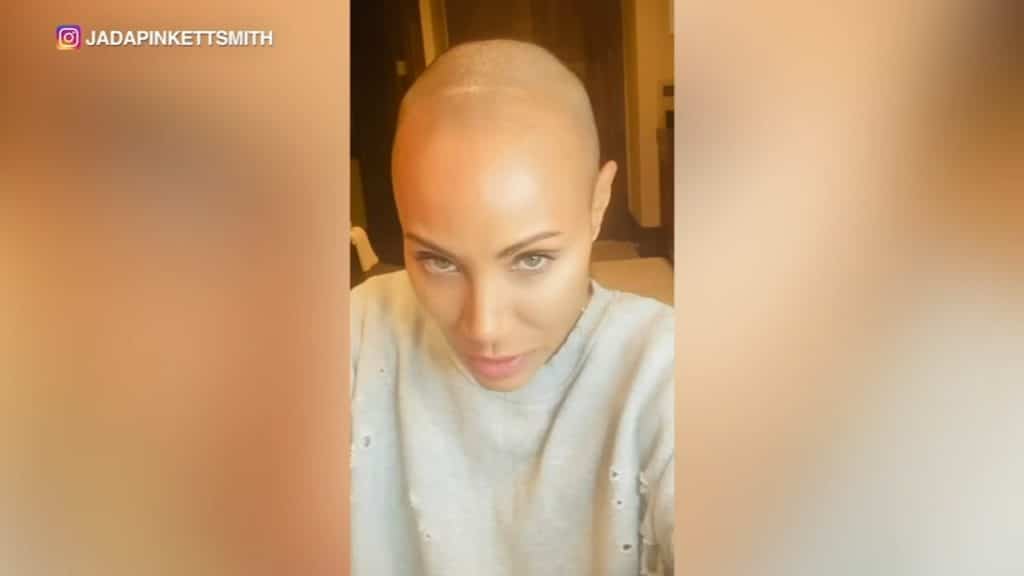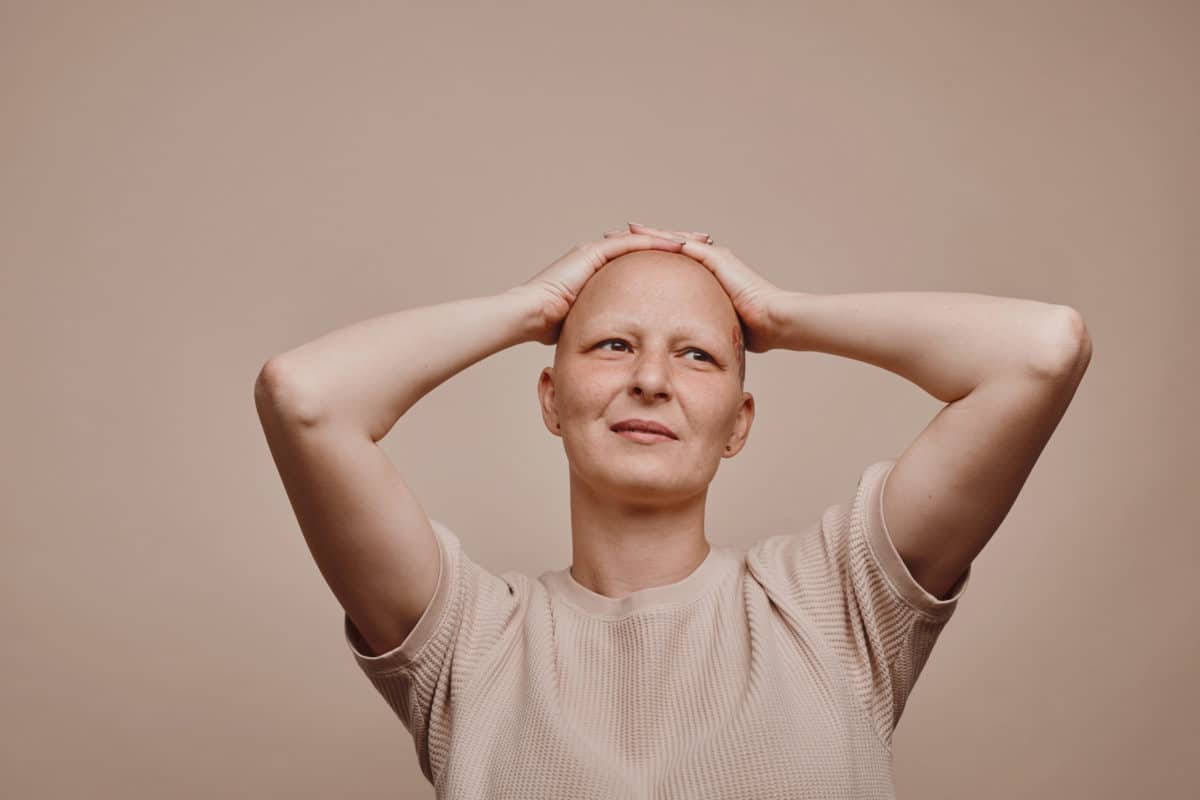
What is Alopecia?
What is alopecia?
Jada Pinkett Smith's Hair Loss Disease Explained
At 50 years old, Jada Pinkett Smith is a unexpected champion of alopecia. She has first spoke publicly about her struggle with alopecia in 2018, on her talk show, Red Table Talk. Sitting by her mother and daughter, Willow, Pinkett Smith spoke about the “terrifying” moment she noticed handfuls of her hair falling out in the shower. However, it wasn’t until December of 2021 when Pinkett Smith, with the encouragement of her daughter, shared her experience with her Instagram followers.
Pinkett smith discusses her alopecia on instagram
Jada Pinkett Smith has a specific type of alopecia, called alopecia areata. Alopecia areata is the most common type of alopecia. According the the National Institute of Health (NIH), it is the most common type of alopecia estimated to affect approximately one in every 500 – 1000 people. As many as two-thirds of post-menopausal women suffer from hair thinning or bald spots. This type of alopecia is more common among African American women.
Alopecia Areata is caused by an overreaction of the immune system. The immune system helps protect the body from foreign invaders like viruses and bacteria. With Alopecia areata, the immune system attacks the hair follicles, which is where the hair grows from. This can damage the hair follicle and lead to hair loss on the scalp and other places on the body where hair grows. Often, the hair falls out in small, round patches about the size of a quarter. Even though it is uncommon, it can sometimes progress to total hair loss on the scalp, face and body.

Hair loss in women has a much bigger impact for the sufferer because it is less socially acceptable for a woman not to have hair. Though there is often no physically damaging effects of hair loss, women who experience hair loss are more likely to suffer from depression and anxiety.
There is currently are no cure for alopecia, but many treatment options and coping resources have become more available in recent years. If you suffer from hair loss and would like to find out treatment options, reach out today.






